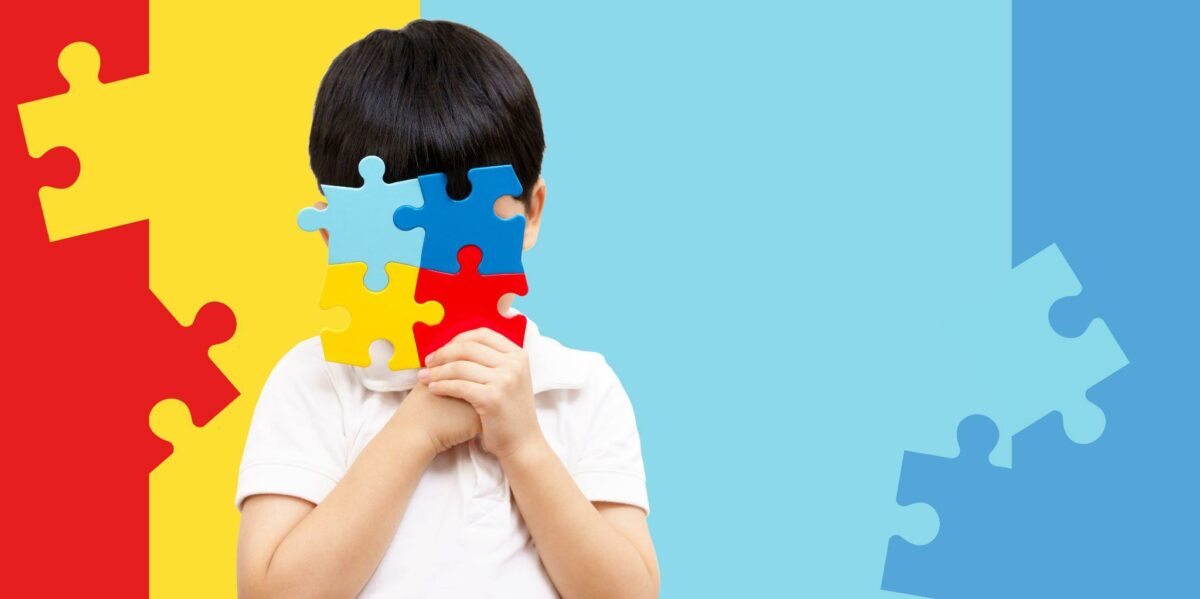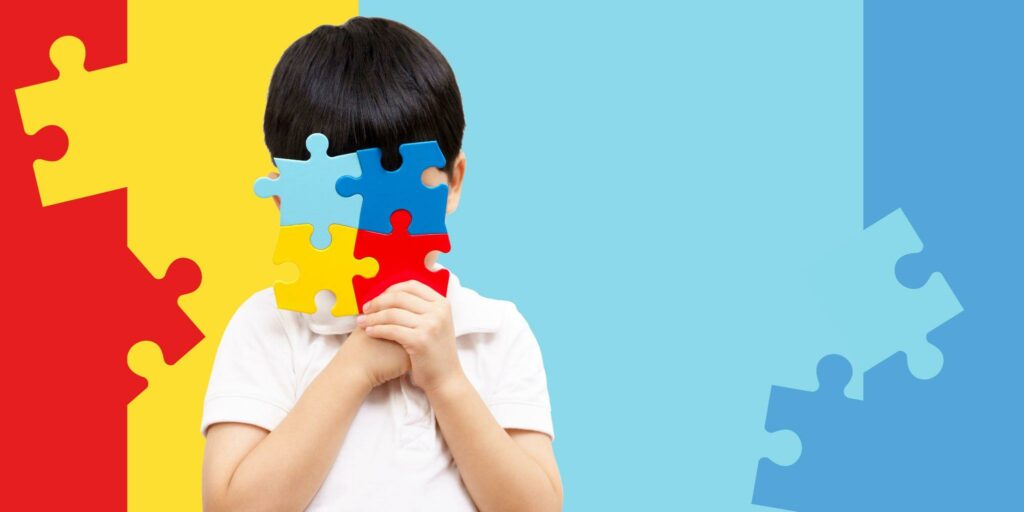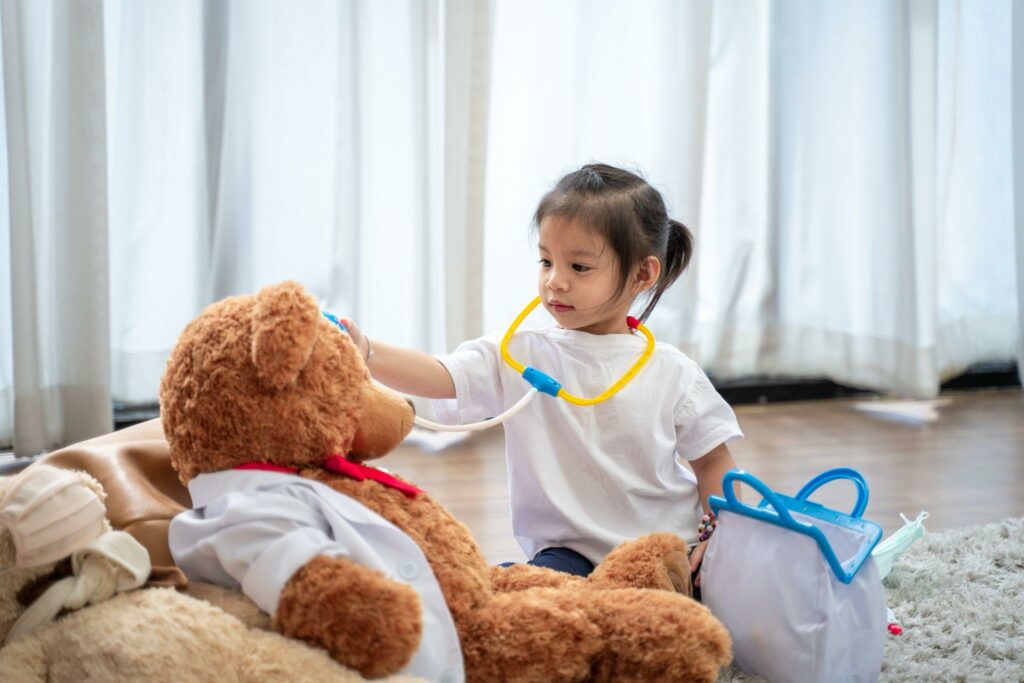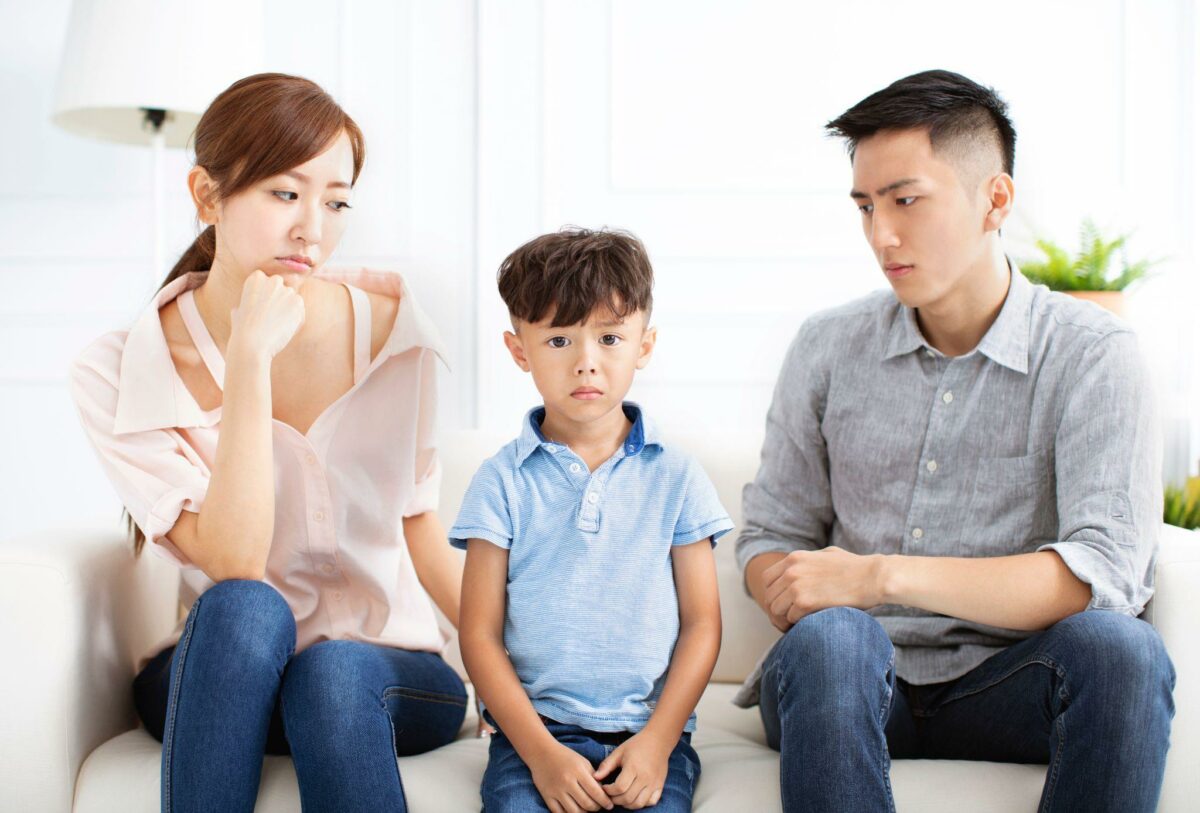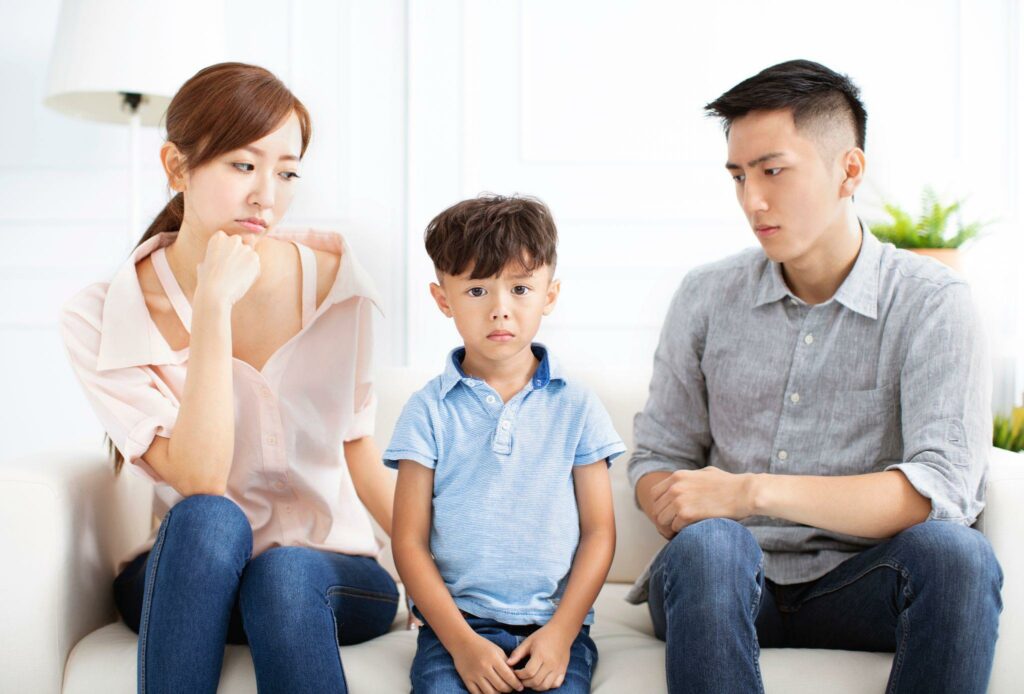Written by:YEUNG Ming Ha, Registered Chinese Medicine Practitioner
Recently, a parent uploaded pictures of their daughter suffering from eczema on a social media platform. Looking at the little girl’s red and swollen hands and feet, and her skin all irritated, indeed, it’s heartbreaking. As a result, parents all over the city are now sharing their secret remedies to deal with eczema because many of them or their children are also affected by eczema, and they often suffer during seasonal changes.
Eczema is a common allergic dermatitis and is not contagious. In Traditional Chinese Medicine (TCM), eczema is referred to as “wet sores” and is a prevalent skin condition in Hong Kong. The internal factors contributing to eczema include the individual’s constitution, emotional state, and dysfunction of the body’s organs, while external factors involve wind, dampness, and heat obstructing the skin. When a person has a weaker constitution and a lower immune system, wind, dampness, and heat pathogenic factors may invade the skin, resulting in eczema or exacerbating existing eczema issues. Eczema can occur on any part of the body, such as the ears, head, face, hands, navel, and lower legs, but it usually appears symmetrically. Patients often feel intense itching, and scratching can lead to skin abrasions, oozing of pus, and even infection. The condition tends to recur, making the skin rough and the scabs raised. To deal with eczema, it’s essential to start by addressing these three small habits:
Shorten bathing time.
When eczema flares up, patients often can’t resist scratching. Hands are the most susceptible to bacterial contact and harbor the most microorganisms. Therefore, it’s important to avoid the habit of frequently touching the face to prevent exacerbating skin inflammation. Additionally, patients should refrain from using products with high alcohol content frequently, as the chemical components can irritate and weaken the skin’s natural barrier. Furthermore, due to the itching sensation on their skin, patients tend to wash their hands and take long baths, mistakenly thinking it can relieve itching and provide a sense of cleanliness. However, excessive cleaning can actually damage the skin’s sebum layer and stratum corneum, compromising the skin’s natural protective barrier and worsening eczema problems. Therefore, it is recommended for patients to shorten their bathing time, ideally not exceeding 3 minutes. At the same time, they should choose hypoallergenic skincare and bathing products to minimize irritation to the skin. For severe cases of eczema, it is suggested to only cleanse the armpits, lower body, and areas prone to sweating.
Here, I am introducing an anti-allergic formula: The ingredients include Fang Feng (防風) 6 qian, Ku Shen (苦參) 6 qian, and Sheng Gan Cao (生甘草) 3 qian. Boil them with strong fire for 30 minutes, then use it to rinse the sensitive areas. It has excellent moisturizing and itch-relief effects.
Good lifestyle and hygiene habits.
Patients’ living environment needs regular cleaning, and they should frequently change bedsheets and close-fitting clothes. Moreover, patients should wear loose and cotton clothes, avoid wearing tight clothes made of wool, and ensure no chemical residues like detergents remain on their clothes. Regarding daily routines, patients should go to bed and wake up early, avoid staying up late, maintain a balanced diet, exercise adequately to boost their immune system, and reduce the chances of triggering eczema. After exercising, they should immediately wipe away sweat and change into dry clothes to keep the skin clean and dry. Of course, the most crucial aspect is maintaining a positive mindset to reduce stress.
Dietary Restrictions Effectively Prevent Eczema
The onset of eczema is closely related to certain food sensitivities, so dietary restrictions are essential in the treatment of skin sensitivity. During the treatment of skin diseases, patients should avoid consuming “triggering foods.” “Triggering foods” are those that can induce rashes and worsen the condition in skin disease patients. These triggering foods mainly include seafood, beef, sweets, spicy foods, and alcoholic beverages. Skin diseases are often caused by the accumulation of “dampness” and “heat,” leading to the formation of “toxins.” Patients with skin conditions usually have a constitution characterized by congenital weakness of the spleen and stomach. When they consume excessive amounts of spicy foods, shrimp, crab, seafood, and other highly stimulating foods, or when they consume a large amount of raw and cold food during the summer, it can lead to the accumulation of damp toxins in the body. This can easily cause abnormalities in spleen and stomach functions, increasing the likelihood of developing eczema.






